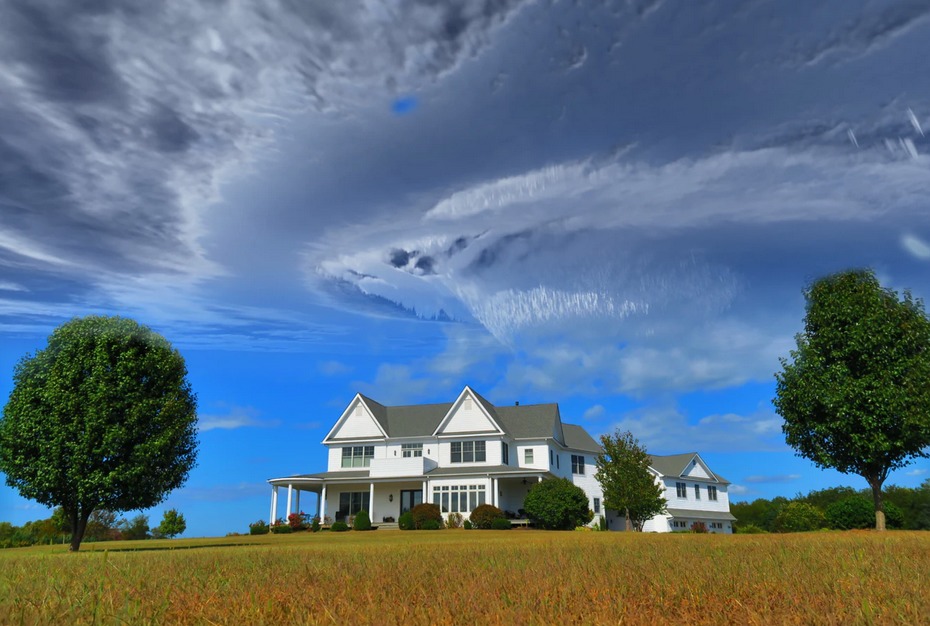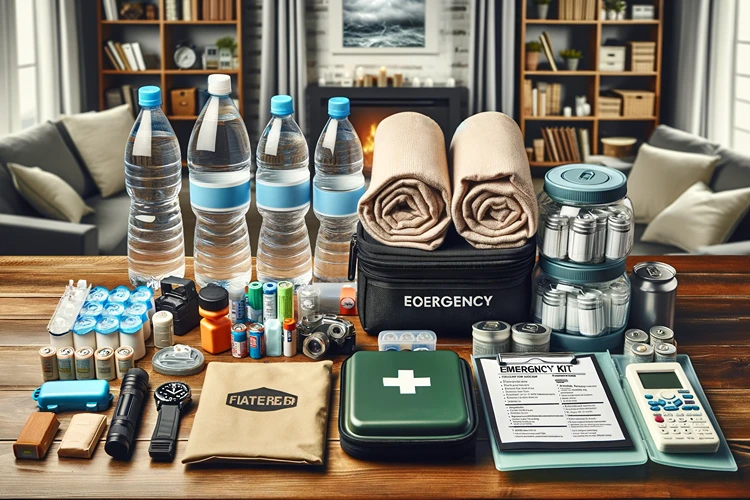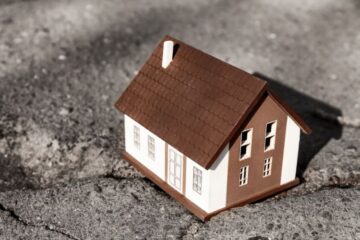Pre-Hurricane Home Safety Measures for Effective Preparedness

When hurricane season looms, the air buzzes not just with the high winds but also with the urgency for readiness. Preparing your home for a hurricane is more than a precaution; it’s a necessary step towards ensuring the safety and security of your loved ones and belongings. Have you taken the necessary pre-hurricane home safety measures for effective preparedness?
Understanding the Risks: Why Preparation is Key
Hurricanes bring more than just strong winds; they come with a host of potential risks including flooding, power outages, and structural damage. Understanding these risks is the first step towards effective preparedness.
- Structural Damage: High winds and heavy rains can weaken structures, leading to potential collapse.
- Flooding: Storm surges and heavy rainfall can cause significant flooding, a risk for both coastal and inland homes.
- Power Outages: Widespread power losses are common, affecting everything from cooling systems to food preservation.
Securing Your Home
Securing your home against a hurricane is a multi-step process that involves reinforcing structures, ensuring water cannot enter, and safeguarding utilities. Here’s how to do it:
Exterior Preparations
Focus on the outside of your home first, as it’s the first line of defense against a hurricane’s forces.
- Inspect and reinforce your roof, windows, and doors, including garage doors.
- Clear gutters and downspouts to prevent water backup.
- Trim trees and secure loose outdoor items to prevent them from becoming projectiles.
Helpful Hint:
Installing storm shutters can provide an extra layer of protection for your windows and doors against flying debris.
Interior Safety Measures

Moving inside, your focus should switch to securing internal elements and preparing for the aftermath of the storm.
- Secure heavy furniture and objects that could move or fall.
- Create a waterproof emergency kit with essential documents, supplies, and medications.
- Plan for power outages by stocking up on batteries, flashlights, and a portable charger.
Creating a Comprehensive Evacuation Plan
Part of being prepared is knowing when to stay and when to evacuate. A comprehensive evacuation plan is crucial for ensuring that all household members know what to do when a hurricane warning is issued.
- Determine your evacuation route and local shelters in advance.
- Have a communication plan in place to stay in touch with family members if separated.
- Prepare an evacuation bag with essentials for each family member.
Strengthening Your Home’s Defense Against Water Damage
Water damage poses one of the biggest threats during a hurricane. Taking steps to fortify your home against water intrusion is crucial.
Seal and Waterproof Your Home
Identify and seal any gaps in your home’s exterior to prevent water from getting inside. Focus on areas around windows, doors, and the foundation.
- Use caulking and weather-stripping to seal gaps and leaks.
- Consider applying a waterproof sealant to your home’s exterior walls.
- Ensure your sump pump is in working order and consider a battery backup.
Improve Drainage Around Your Property
Good drainage can help prevent water from pooling around your home and causing damage.
- Install or clean out French drains to direct water away from your home.
- Make sure the ground slopes away from your home to encourage water runoff.
- Consider installing rain barrels to reduce the amount of water pooling around your foundation.
Helpful Hint:
Check your local building codes and regulations regarding rainwater harvesting and drainage solutions to ensure compliance.
Smart Home Technologies for Hurricane Safety
Advancements in smart home technology can offer an additional layer of security during hurricanes.
Automated Home Systems
Smart home systems can help you monitor and control your home’s security remotely. Automated systems can secure windows and doors, manage sump pumps, and detect water leaks.
- Invest in smart locks and security systems for real-time alerts.
- Smart water sensors can alert you to leaks or flooding instantly.
- Consider a smart sump pump with battery backup and remote monitoring.
Energy Independence: Solar Panels and Generators
Power outages are a common issue during hurricanes. Solar panels and generators can provide you with energy independence.
- Solar panels with battery storage can supply emergency power.
- Portable or standby generators can power essential appliances.
- Ensure generators are installed safely and comply with local codes.
Helpful Hint:
Always operate generators in open spaces to avoid carbon monoxide poisoning. Never use them indoors or in enclosed spaces.
Insurance
Understanding your home insurance policy and ensuring it covers hurricane-related damages is essential for financial preparedness.
Review and Update Your Insurance Coverage
Ensure your home insurance policy includes coverage for flood and wind damage, which are common during hurricanes.
- Review your policy annually to ensure it reflects your home’s current value and contents.
- Consider additional flood insurance if you live in a high-risk area.
- Document your belongings with photos or videos for insurance claims.
Stats:
A significant percentage of homeowners are underinsured for natural disasters. Regularly reviewing your policy can prevent you from becoming part of this statistic.
FAQs
Wrapping Up
As we conclude our journey through the essential steps of pre-hurricane home safety measures for effective preparedness, it’s vital to remember that the strength of your preparation can significantly influence your resilience in the face of these natural disasters. From securing the exterior of your home against the brute force of high winds to safeguarding your interior and ensuring your financial protection through adequate insurance, each step is a building block towards comprehensive readiness.
Embracing smart home technologies not only enhances your home’s defense but also provides peace of mind through real-time monitoring and control. Remember, the goal is not just to survive a hurricane but to emerge from it with minimal impact on your home and way of life. Regular reviews of your preparedness plan, coupled with a proactive approach to safety and security, will keep you one step ahead of the storm.
Additional Resources
- Federal Emergency Management Agency (FEMA) – Offers comprehensive guides on disaster preparedness, including hurricanes. Check www.fema.gov for resources on protecting your home and family.
- National Hurricane Center (NHC) – Provides up-to-date information on hurricane developments and safety tips. Visit www.nhc.noaa.gov for the latest hurricane forecasts and advisories.
- American Red Cross – Features a wealth of resources for disaster preparedness, including how to build an emergency kit and plan for evacuations. Explore www.redcross.org for more information.


